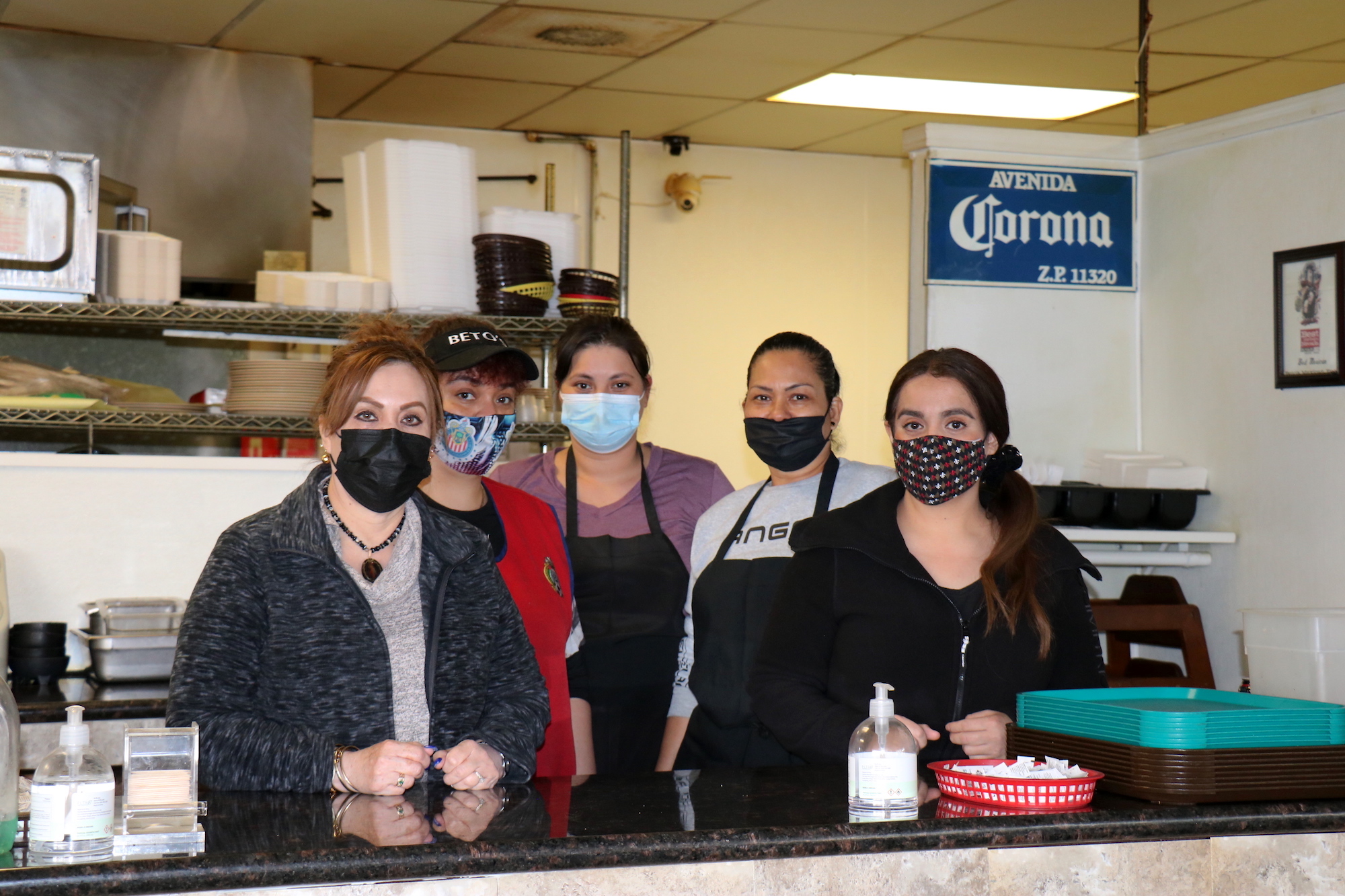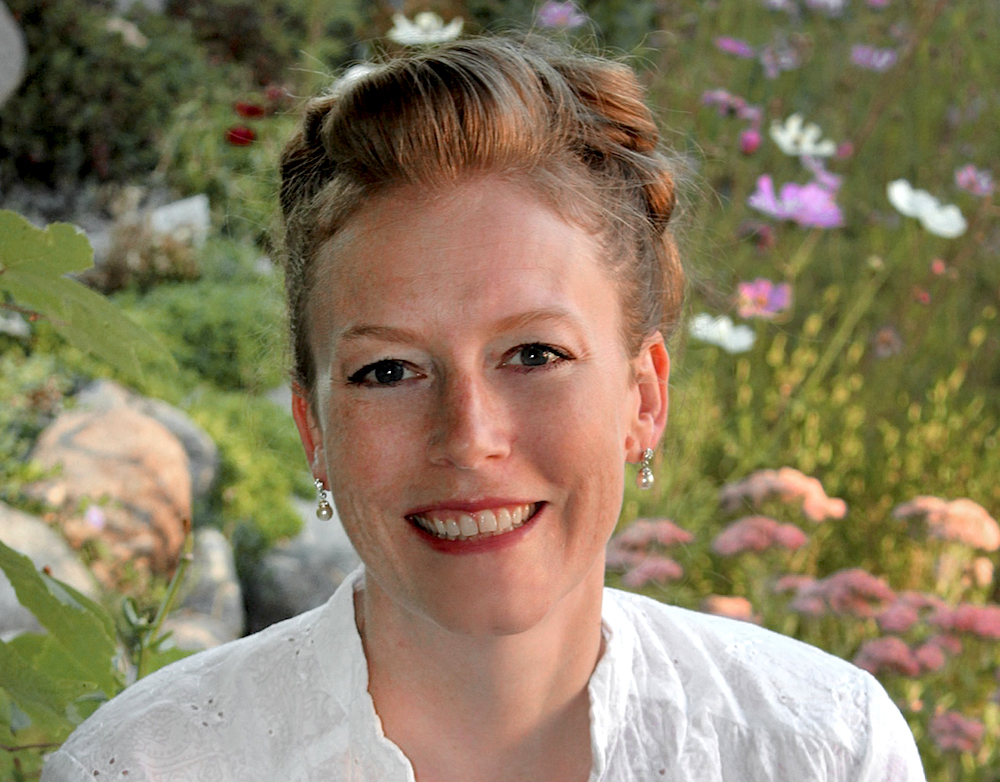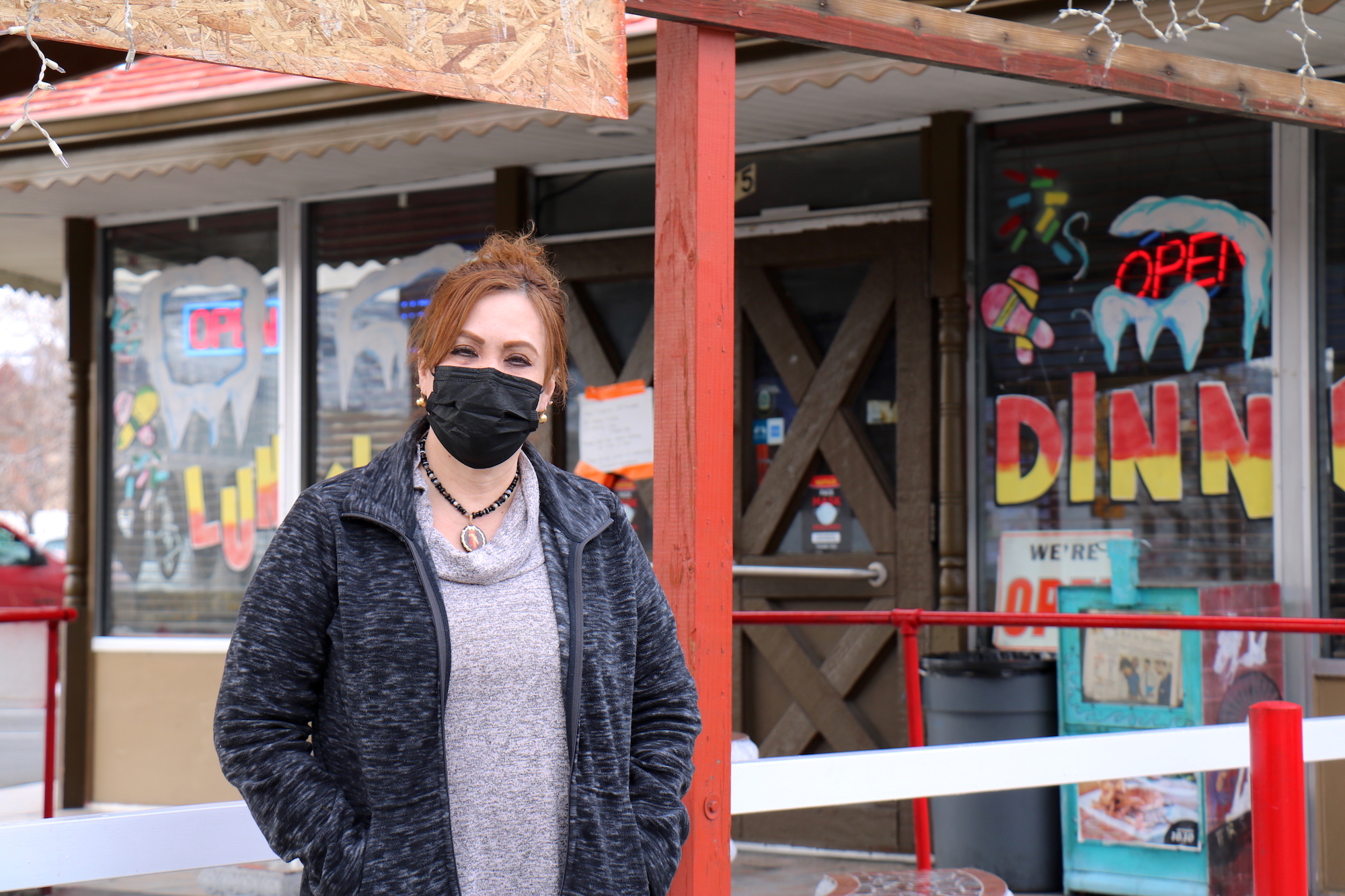Beto’s Mexican Food owner Rosalba De la Torre, left, and Claudia Hurtado, her daughter and employee, stand in front of the restaurant on West 5th Street in Reno. Beto’s is one of many women- and minority-owned businesses that have struggled to stay afloat during the pandemic. Photo: Kaleb M. Roedel / NNBW
 Beto’s Mexican Food owner Rosalba De la Torre, left, stands with staff members Fatima De la Torre (her sister), Marlén Hernández, Mari Mendiola and Claudia Hurtado (her daughter).
Beto’s Mexican Food owner Rosalba De la Torre, left, stands with staff members Fatima De la Torre (her sister), Marlén Hernández, Mari Mendiola and Claudia Hurtado (her daughter).
 Oscar Delgado
Oscar Delgado
 Kelly Northridge
Kelly Northridge
 Beto’s Mexican Food owner Rosalba De la Torre stands in front of her restaurant on West 5th Street in Reno, which she opened in 1996.
Beto’s Mexican Food owner Rosalba De la Torre stands in front of her restaurant on West 5th Street in Reno, which she opened in 1996.
Comments
Use the comment form below to begin a discussion about this content.
Sign in to comment